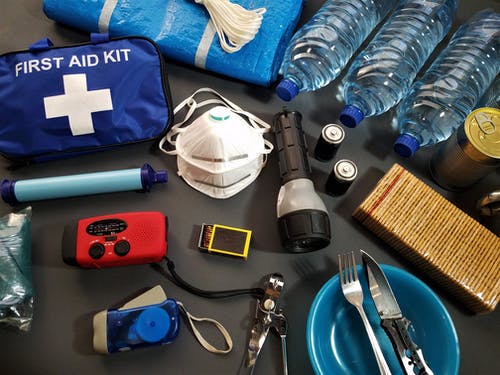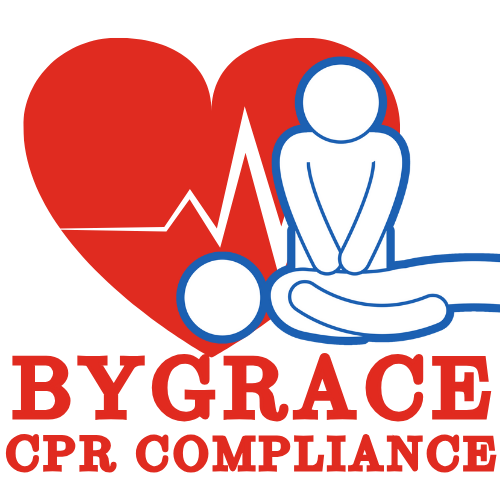
E. coli, or Escherichia coli, is a type of bacteria commonly found in the intestines of humans and animals. While most strains of E. coli are harmless, certain types can cause infections leading to various health issues. In this article, we will delve into the causes, symptoms, treatment, and prevention of E. coli infections.
Causes:
E. coli infections are typically caused by consuming contaminated food or water. Contaminated raw or undercooked meats, unpasteurized dairy products, and contaminated fruits and vegetables are common sources. Additionally, person-to-person transmission can occur in crowded or unsanitary conditions.
Symptoms:
The symptoms of an E. coli infection can range from mild to severe and may include abdominal cramps, diarrhea (often bloody), nausea, and vomiting. In more severe cases, complications such as hemolytic uremic syndrome (HUS) can arise, leading to kidney failure.
Treatment:
For most cases of E. coli infection, treatment involves supportive care. Staying hydrated is crucial, and in severe cases, hospitalization may be necessary. Antibiotics are generally not recommended, as they can potentially worsen the symptoms or increase the risk of complications.
Prevention:
Preventing E. coli infections involves practicing good hygiene and food safety. Here are some key preventive measures:
- Cooking Practices: Ensure that meat, especially ground beef, is cooked thoroughly. Use a food thermometer to ensure the proper temperature is reached.
- Hand Hygiene: Wash hands thoroughly with soap and water, especially after using the restroom, changing diapers, and before preparing or consuming food.
- Safe Food Handling: Avoid cross-contamination by separating raw meats from other foods during preparation. Wash cutting boards, utensils, and countertops after handling raw meat.
- Avoiding Raw Products: Avoid consuming raw or undercooked foods, such as raw milk and raw or undercooked eggs.
- Safe Water Consumption: Drink only pasteurized milk and water from safe sources. Avoid swallowing water while swimming in pools or lakes.
Key Takeaways
Causes of E. coli Infection:
- Contaminated food and water are common sources.
- Consumption of undercooked meat, unpasteurized dairy, and contaminated produce can lead to infection.
- Person-to-person transmission is possible, especially in crowded or unsanitary conditions.
Symptoms of E. coli Infection:
- Range from mild to severe and may include abdominal cramps, bloody diarrhea, nausea, and vomiting.
- Severe cases can lead to complications like hemolytic uremic syndrome (HUS) and kidney failure.
Treatment of E. coli Infection:
- Supportive care, including hydration, is crucial.
- Antibiotics are generally not recommended, as they may worsen symptoms or increase the risk of complications.
- Severe cases may require hospitalization.
Prevention Strategies:
- Understanding and implementing preventive measures, such as safe food handling and hygiene practices, can significantly reduce the risk of E. coli infections.
- Awareness of potential sources of contamination is crucial for maintaining good health.
- Early recognition of symptoms and seeking appropriate medical attention is important for managing and preventing complications associated with E. coli infections.
Bottom Line
Understanding the causes, symptoms, treatment, and prevention of E. coli infections is essential for maintaining good health. By adopting safe food practices, practicing good hygiene, and being aware of potential sources of contamination, individuals can reduce the risk of E. coli infections and their associated complications.

0 Comments